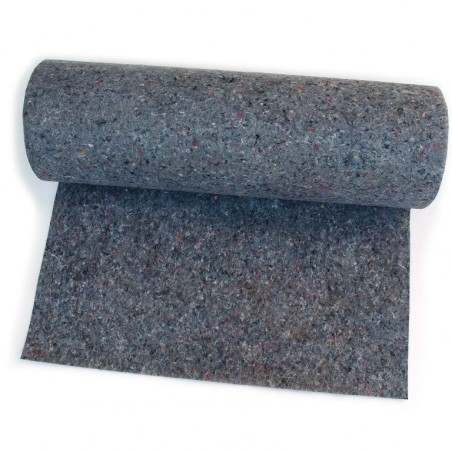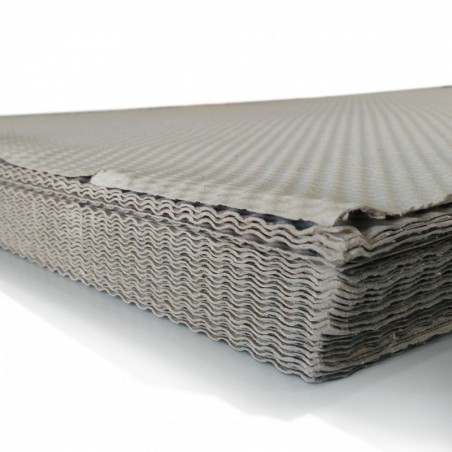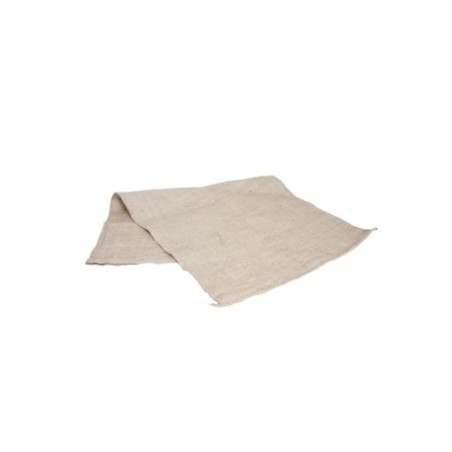A reduction in feed intake during the peripartal period is often recommended to prevent impaired lactational feed intake. Moreover, sows consume more feed than needed during gestation resulting in an increased fat reserve which decreased lactational feed intake. The aim of this study was to investigate the effect of body condition and ad libitum feeding (ADLIB, maximum of 9 kg/day) during the peripartal period, in comparison with a commonly applied restricted feeding strategy (STANDARD, on average 3 kg feed/day), on change of back fat (BF) and reproductive performance. Fat metabolism was investigated by measuring non-esterified fatty acids (NEFA) and triglycerides (TG), catabolism of lean tissue by measuring creatinine (CREA), bone metabolism by measuring osteocalcin (OC) as a marker for bone formation and serum cross laps (CTX) as marker for bone degradation, and metabolic rate was assessed by measuring thyroid hormones T3 and T4 and piglet performance were monitored. A total of 112 sows of parities 2–7 were selected and based on their back fat thickness (P2 position) measured at d 105 of gestation, sows were assigned to one out of three body condition groups: less than 18 mm, sows were classified as lean (L, ADLIB-L, n = 19; STANDARD-L, n = 23); more than 22 mm, sows were classified as fat (F, ADLIB-F, n = 14; STANDARD-F, n = 16); and ranging from 18 to 22 mm, they were classified as moderate (M, ADLIB-M, n = 22; STANDARD-M, n = 18).
Voluntary feed intake of ADLIB sows declined at farrowing but was still more than twice the amount of what was offered to STANDARD sows. Consequently, ADLIB sows lost less BF than STANDARD sows (P = 0.041). LEAN sows lost less BF than MODERATE sows which lost less BF than FAT sows (P < 0.001). Except for a decreased percentage of stillborn piglets for MODERATE sows (P = 0.044), reproduction results were not affected. Piglet weaning weight of ADLIB-F and STANDARD-M was reduced in comparison with that of ADLIB-L sows (P = 0.005). Regardless of body condition, all metabolites and thyroid hormones measured showed a time dependent profile (P < 0.001). On d 112 of gestation increased concentrations of creatinine (P = 0.004), non-esterified fatty acids (P = 0.039), and serum cross laps (P = 0.016) for STANDARD sows were observed. Triglycerides were increased for FAT sows (P < 0.001), and decreased faster over time for ADLIB (P = 0.013) and for FAT (P = 0.012).

In conclusion, ad libitum feeding resulted in less mobilization of muscle, fat, and bone reserves on d 112 of gestation. Results of BF change and piglet weaning weight indicated that ad libitum feeding is beneficial for sow performance provided that BF is below 22 mm.
Cools, A., Maes, D., Decaluwé, R., Buyse, J., van Kempen, T.A.T.G., Liesegang, A. and Janssens, G.P.J. 2014. Ad libitum feeding during the peripartal period affects body condition, reproduction results and metabolism of sows. Animal Reproduction Science 145; 130–140. http://dx.doi.org/10.1016/j.anireprosci.2014.01.008






